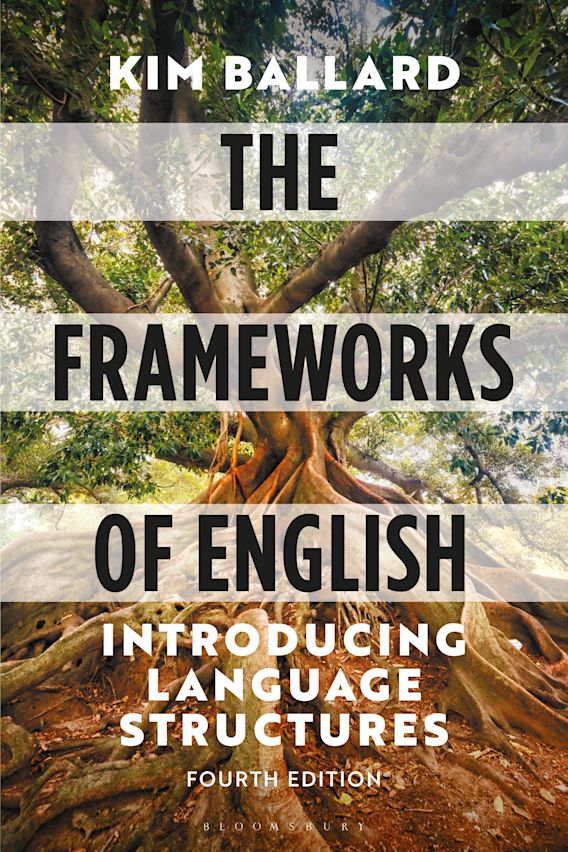



johndoe@gmail.com
Are you sure you want to reset the form?
Your mail has been sent successfully
Are you sure you want to remove the alert?
Your session is about to expire! You will be signed out in
Do you wish to stay signed in?
Question 1 (Consolidate)
Break the following complex words down into morphemes. (You may wish to use an etymological dictionary to help you.) Identify whether the morphemes are free or bound. Are the bound morphemes affixes or roots?
perceive, percher, perdition, perishable, perky, Persian, personal
Answer/discussion
| perceive | per + ceive | bound (prefix) + bound (root) |
| percher | perch + er | free + bound (suffix) |
| perdition | per + dit + ion | bound (prefix) + bound (root) + bound (suffix) |
| perishable | perish + able | free + bound (suffix) |
| perky | perk + y | free + bound (suffix) |
| Persian | Persia + (ia)n | free + bound (suffix) |
| personal | person + al | free + bound (suffix) |
These words (taken from the same section of the dictionary) illustrate some of the issues relating to word formation and origin. While it’s possible to identify the morphemes that make up perceive (compare conceive, receive) and perdition (compare condition, edition, instruction), these words actually came into English fully-formed from French (via Latin). The same is true of personal. The rest are English formations, including perish+able, though perish could be further broken down according to its Latin origin (the prefix per- combined with a form of ire, the verb ‘to go’).
Question 2 (Consolidate)
Work out the order of affixation (as demonstrated with disorganisation in Section 3.4) in the following complex words:
decongestant, disentanglement, nativisation, transformational, unselfishly
Answer/discussion
| decongestant (gest →) congest → decongest → decongestant |
| disentanglement tangle → entangle → disentangle → disentanglement |
| nativisation native → nativise → nativisation |
| transformational form → transform → transformation → transformational |
| unselfishly self → selfish → unselfish → unselfishly |
You may have found alternative routes for some of the examples, but there are various reasons why the answers offered above are probably more likely. For instance, in the last example -ly is more likely to have been added to the adjective unselfish than un- to the adverb selfishly.
Question 3 (Explore)
Here are three groups of words. For each group, identify the formative feature connecting the examples in that group. In other words, what process has occurred (or seems to have occurred) in the formation of the new words other than the addition of the suffix?
| group 1 | group 2 | group 3 |
| tutor → tutee | person → personal | divine → divinity |
| blanket → blankie | dictator → dictatorial | reptile → reptilian |
| exfoliate → exfoliant | tutor → tutorial | part → partial |
| contract → contractual | electric → electricity |
Answer/discussion
In group 1, part of the original word has been removed before the suffix has been added. Exfoliant is a relatively recent word, coined long after the verb exfoliate: in theory, the noun could be exfoliatant (compare demonstrate/demonstrator), but exfoliant treats exfoli- as the base and is just as transparent.
In group 2, it appears that the suffix -al has three allomorphic forms: -al, -ial, -ual. In the context of Present-Day English, this is certainly a valid perception. The reason for the variation is that the roots are all of Latin origin and the form of the Latin suffix has been partly maintained: tutorial, for instance is modelled on tutorius, not on tutor.
In group 3, the addition of the suffix brings about a phonological change in the stem. For example, the long second vowel in divine becomes a short vowel in divinity. This and reptile/reptilian involve vowel changes. The other two examples illustrate consonant changes.

.